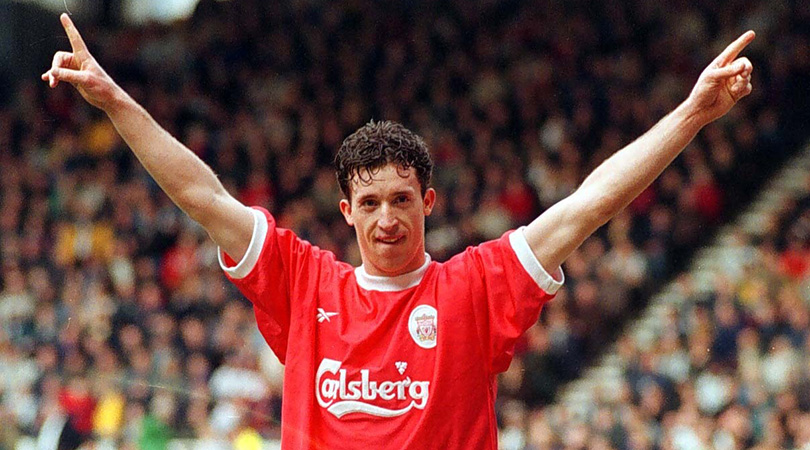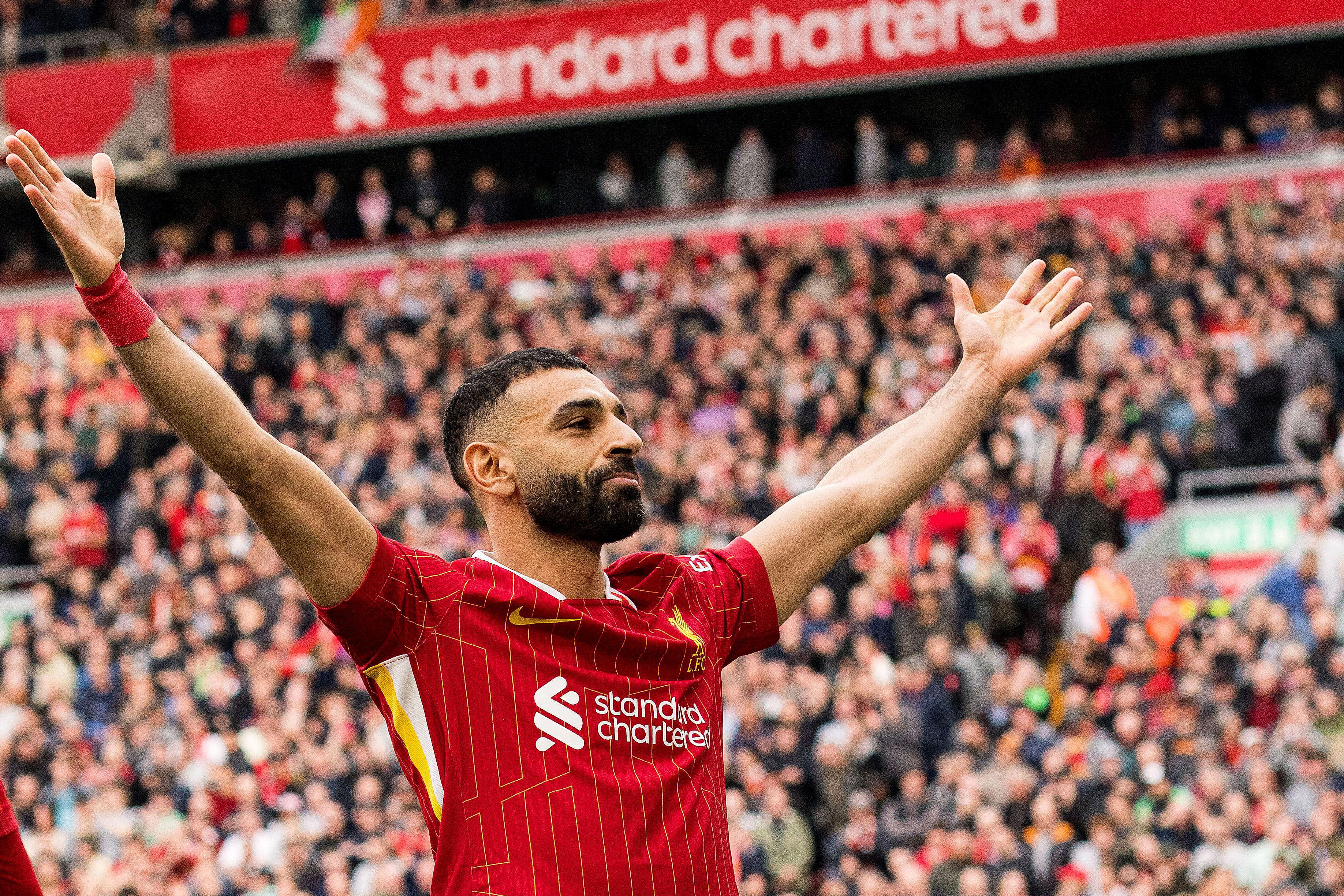10 players you'd forgotten were in a PFA Premier League Team of the Year
How did a keeper nicknamed ‘Calamity’ and a full-back who ended up left back on the bench get the nod?
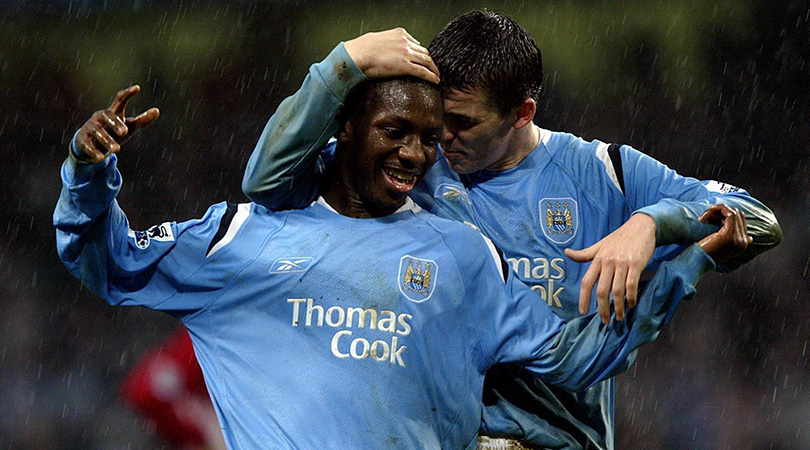
Look, nobody makes the PFA Premier League Team of the Year by accident. When people in 10 years’ time gaze upon Wes Morgan’s place in the all-hallowed XI of 2015/16, they may wonder if it’s the same guy who didn't look up to much in his first top-flight season. But of course, picking him made perfect sense at the time – and it was absolutely deserved.
And so it is with these 10 players, officially voted as the best in their position that season, only to be remembered by history as apparently being footballers at the time. We’re not saying that selecting them in a PFA Premier League Team of the Year was wrong, as such; we’re just recalling that Crash won 2006’s Oscar for Best Picture.
If you remember any of these players being the very finest that the Premier League had to offer, you’re either lying or related to them.
David Bardsley (QPR, 1992/93)
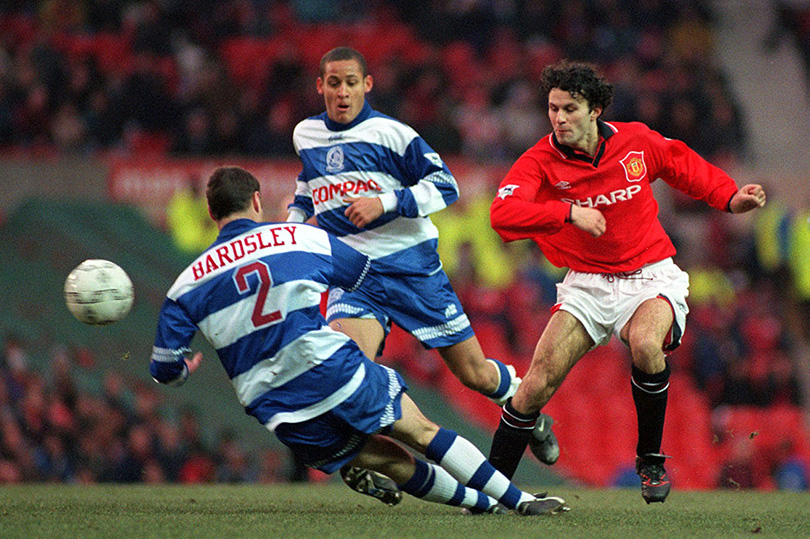
Managed by Gerry Francis and sponsored by Classic FM, Queens Park Rangers managed a creditable fifth place in the first Premier League campaign, the highest of all London teams. Bardsley’s defensive performances earned him two England caps under the ever-generous Graham Taylor, followed by a place in the 1992/93 PFA Team of the Year – all while being totally unrecognisable to anyone outside west London.
At one point you could buy Bardsley’s PFA medal for a mere £375. What are you waiting for?
Stig Inge Bjornebye (Liverpool, 1996/97)
Get FourFourTwo Newsletter
The best features, fun and footballing quizzes, straight to your inbox every week.
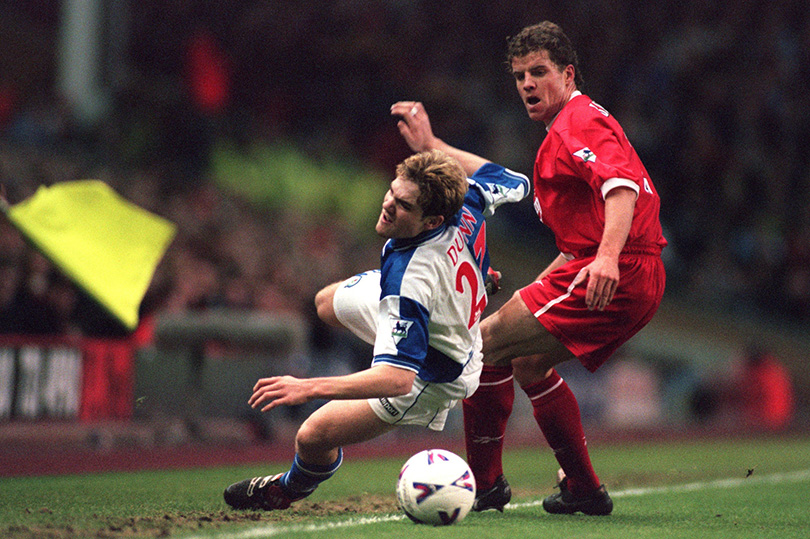
After making his debut in Liverpool’s biggest defeat for 16 years (a 5-1 trousering by Coventry) and then missing a whole season with a broken leg, Bjornebye deserved a bit of luck. And the Norwegian was arguably fortunate to be included in the PFA Premier League Team of the Year for his one and only good season at Anfield.
There was no doubting his crossing ability; there was much doubting his commitment to defending. He wasn’t first choice for long.
Sylvinho (Arsenal, 2000/01)
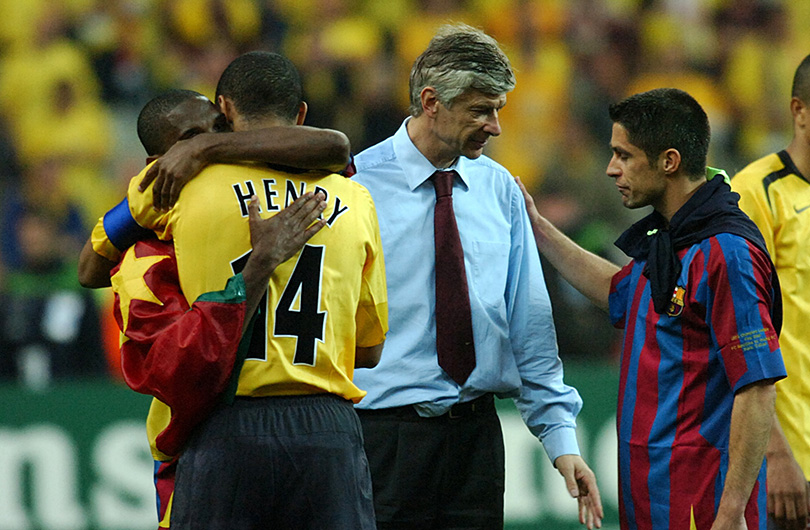
You'd think it’s implied that a PFA Team of the Year candidate must feature regularly for their club. Apparently not.
Sylvinho started 23 Premier League matches in each of his two seasons at Arsenal, with the first half of the 1999/2000 campaign spent easing Nigel Winterburn out of the left-back position, and the second half of 2000/01 spent watching Ashley Cole from the subs’ bench.
Yet despite being picked only 60% of the time, added to the fact that his grand total of three league starts after January including a 6-1 humiliation by Manchester United and a 3-0 home defeat to Middlesbrough (in which he scored past his own keeper), Sylvinho was selected as the division’s best left-back. Embarrassed, he promptly left for Celta Vigo.
Steve Finnan (Fulham, 2001/02)
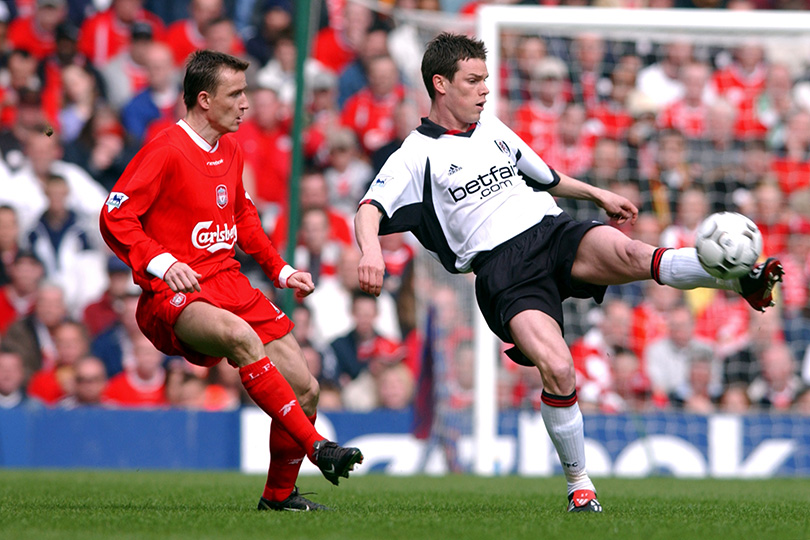
There’s normally no shame in finishing 13th following promotion, but Fulham had spent nearly £35m, which was a lot of money 15 years ago. Tipped for Europe, they fell well short (no, winning the Intertoto Cup doesn’t count).
None of this was Finnan’s fault, admittedly. The full-back, who’d helped Fulham to two promotions in three years, won the club’s player-of-the-season award in their Premier League bow. Even so, being the best ingredient in an underwhelming side rarely merits a place in the PFA Team of the Year.
Tim Howard (Manchester United, 2003/04)
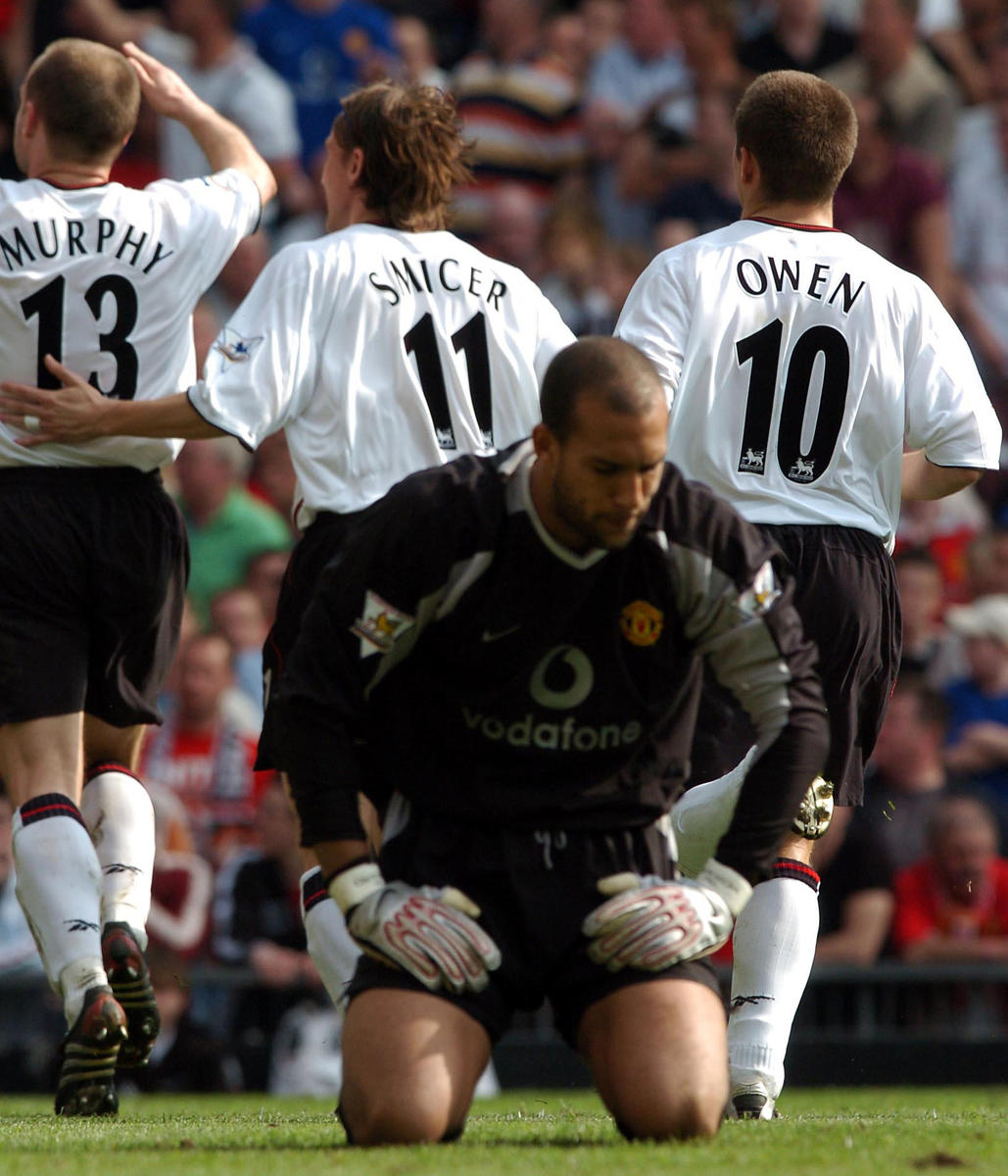
See, they’re not all full-backs!
A fine goalkeeper and America’s one-time Secretary of Defense (bloody Trump), Howard enjoyed 13 years in the Premier League and arguably deserves more recognition – but his Best Goalkeeper award in 2003/04 was generous.
While the New Jerseyite was hardly awful for a stopper making the big step up from MLS, he wasn’t convincing either – to the point that he’d only just regained the No.1 jersey from Roy Carroll when he was announced in the PFA’s Team of the Year.
Howard conceded 31 goals in 32 games as Manchester United finished 15 points behind Arsenal’s Invincibles and their ever-present keeper Jens Lehmann. In Europe, his last-minute error sent United crashing out of the Champions League to eventual winners Porto, while Jose Mourinho sprinted down the touchline of his future club.
Howard played just 13 more league games before being jettisoned to Everton.
NEXT: It made sense at the time...
Shaun Wright-Phillips (Manchester City, 2004/05)
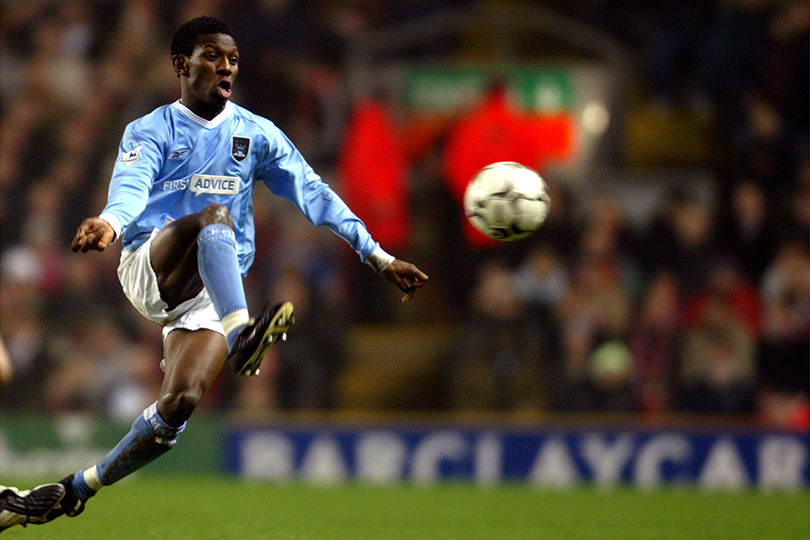
File under: ‘It made sense at the time’.
Young SWP had a sprinkling of talent and no shortage of people wanting him to do well – two things reflected in his winning Manchester City’s Young Player of the Year gong four seasons in a row. Even more improbable now, looking back, was his being selected for the PFA’s Best XI, albeit in the season that his displays caught the attention of Chelsea. It was all downhill from there, really.
Andy Johnson (Crystal Palace, 2004/05)
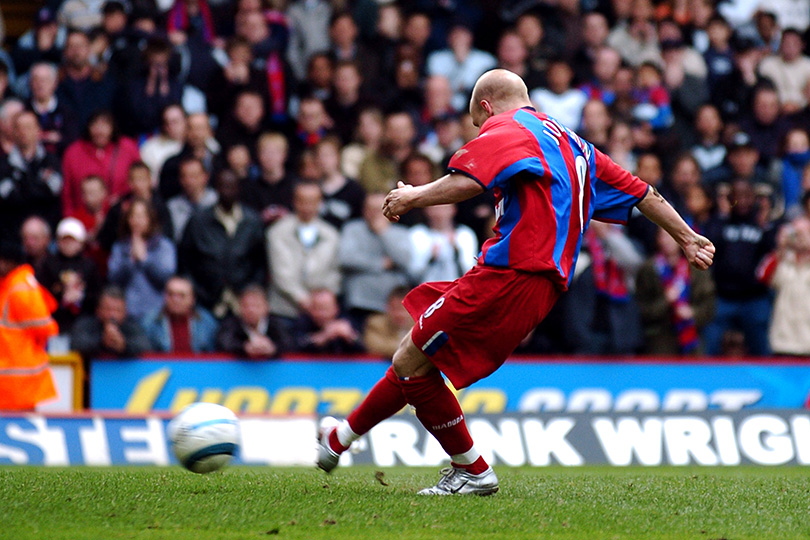
Johnson’s place in the 2004/05 Team of the Year is seen as an example of its fairness: only the most egalitarian meritocracy would recognise a player whose team were relegated. So what if Crystal Palace went down? Johnson scored 21 of their 41 goals and that should be rewarded.
Still, context is important and while any striker will tell you ‘they all count’, it’s worth remembering that 11 of his strikes were penalties. Eleven! Remove all spot-kicks from the Premier League scoring charts and his second place becomes joint-ninth, level with seven other players. Southampton went down with Palace and, excluding penalties, Peter Crouch scored 11 goals to Johnson’s 10. Where’s his award, eh?
Pascal Chimbonda (Wigan, 2005/06)
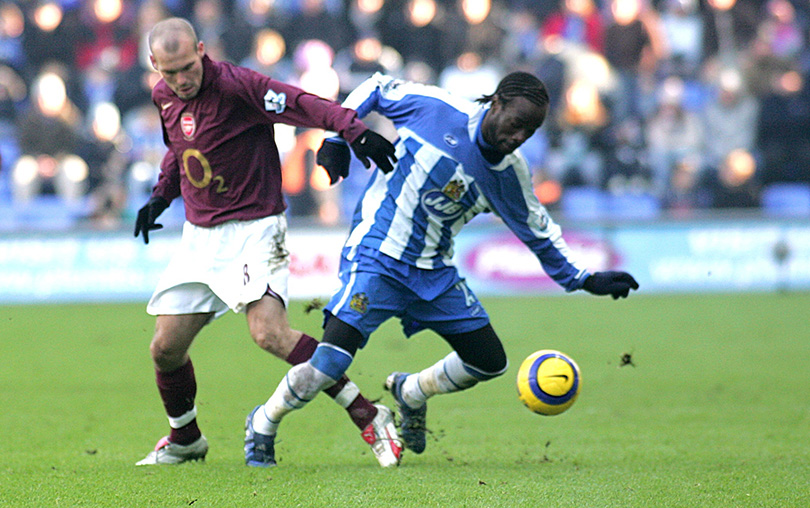
In a star-studded Team of the Year featuring Cristiano Ronaldo, Thierry Henry and six of England’s Golden Generation (who were definitely about to win the World Cup), Chimbonda’s inclusion had a whiff of tokenism about it – as if the Wigan right-back took Gary Neville’s place at the last minute as proof the PFA had heard of a smaller club.
The Frenchman’s performances in that 2005/06 season did earn him a deadline-day move to Spurs, but the BBC’s PFA awards round-up put it best: “Wigan full-back Pascal Chimbonda was also included after a solid season for Paul Jewell’s side.” Steady on.
David James (Portsmouth, 2007/08)
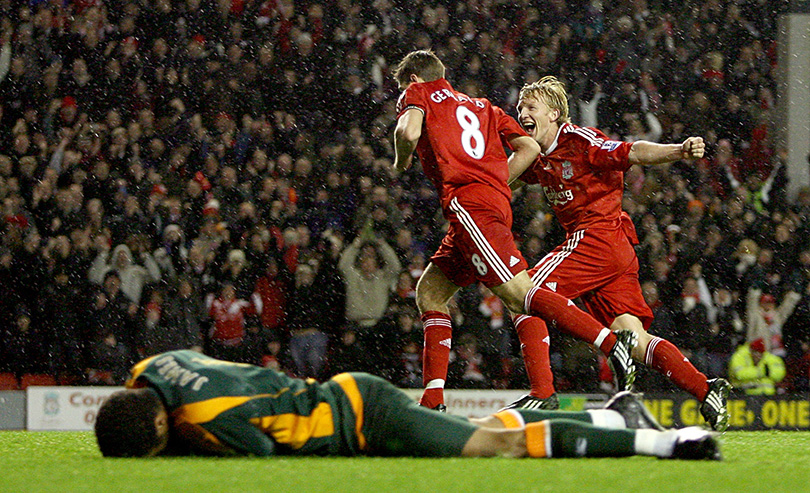
The man known as Calamity James was named Goalkeeper of the Year in the same season Pepe Reina won the Golden Glove and Manchester United conceded the third-fewest goals of any team in the Premier League era (with Chelsea not far behind).
The justification for the Portsmouth keeper’s selection was that, aged 37, he’d broken back into the England team. Specifically, he’d replaced an error-prone Paul Robinson who had lost his place at Spurs to – wait for it – Radek Cerny. What’s more, Jamo was also one of six men shortlisted for PFA Player of the Year. Now that’s a calamity.
Fabricio Coloccini (Newcastle, 2011/12)
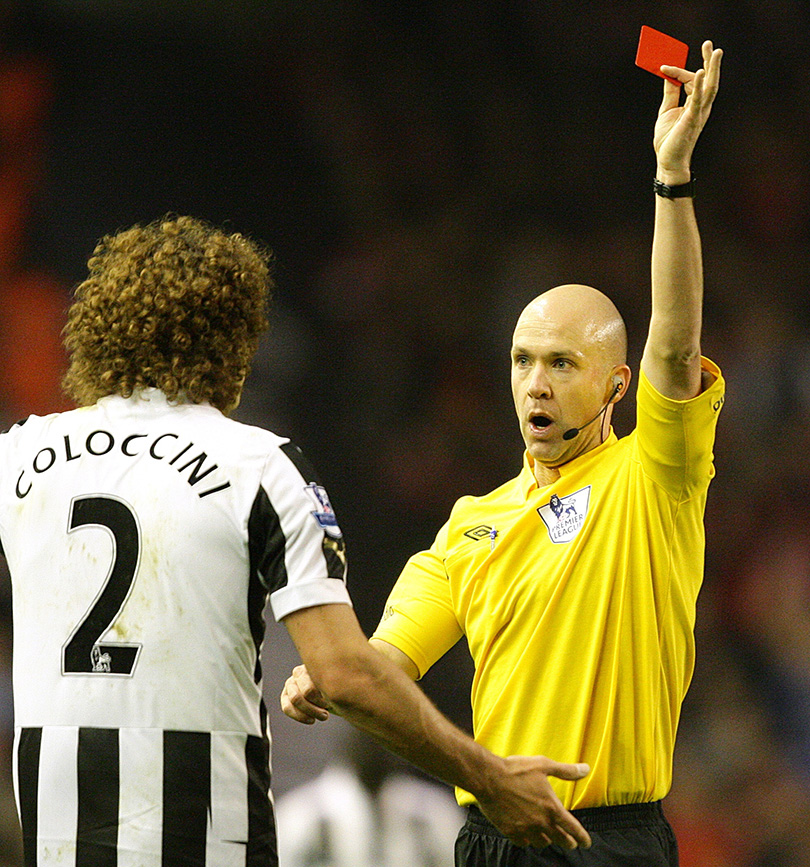
“I know, all right? I know. But Pardiola’s Newcastle inexplicably finished fifth this season and we have to make allowances for that.”
“But… Coloccini? It’s not as if Newcastle’s defence was even any good: just the 10 teams conceded more goals.”
“OK, what about making Alan Pardew Manager of the Year instead?”
“The LMA will do that. Besides, have you met him?”
“Fine. Coloccini it is, then. History will bear us out.”
Narrator: “It didn’t.”
Then read...
NEWS Manchester City and Liverpool dominate 2018/19 PFA Team of the Year
LIST The 6 best Premier League players outside the top six this season
While you're here, why not take advantage of our brilliant new subscribers' offer? Get 5 copies of the world's greatest football magazine for just £5 – the game's greatest stories and finest journalism direct to your door for less than the cost of a London pint. Cheers!
Huw was on the FourFourTwo staff from 2009 to 2015, ultimately as the magazine's Managing Editor, before becoming a freelancer and moving to Wales. As a writer, editor and tragic statto, he still contributes regularly to FFT in print and online, though as a match-going #WalesAway fan, he left a small chunk of his brain on one of many bus journeys across France in 2016.
